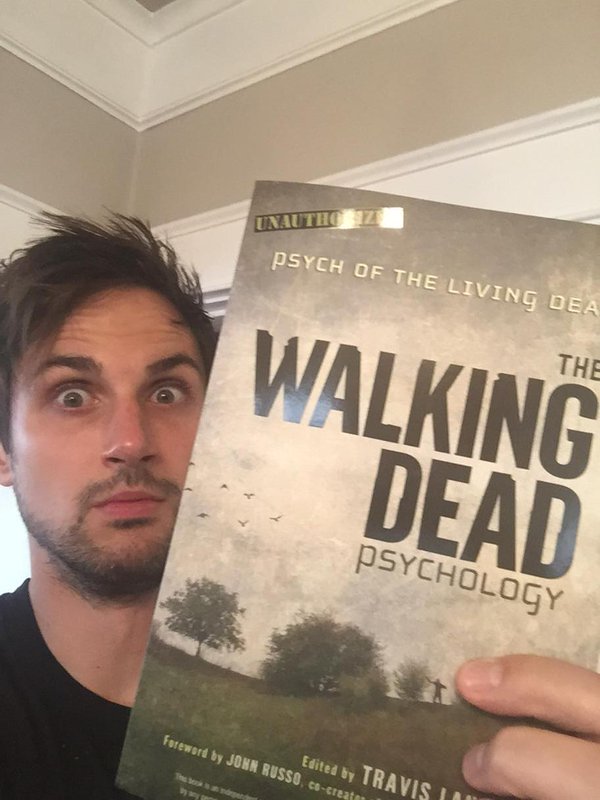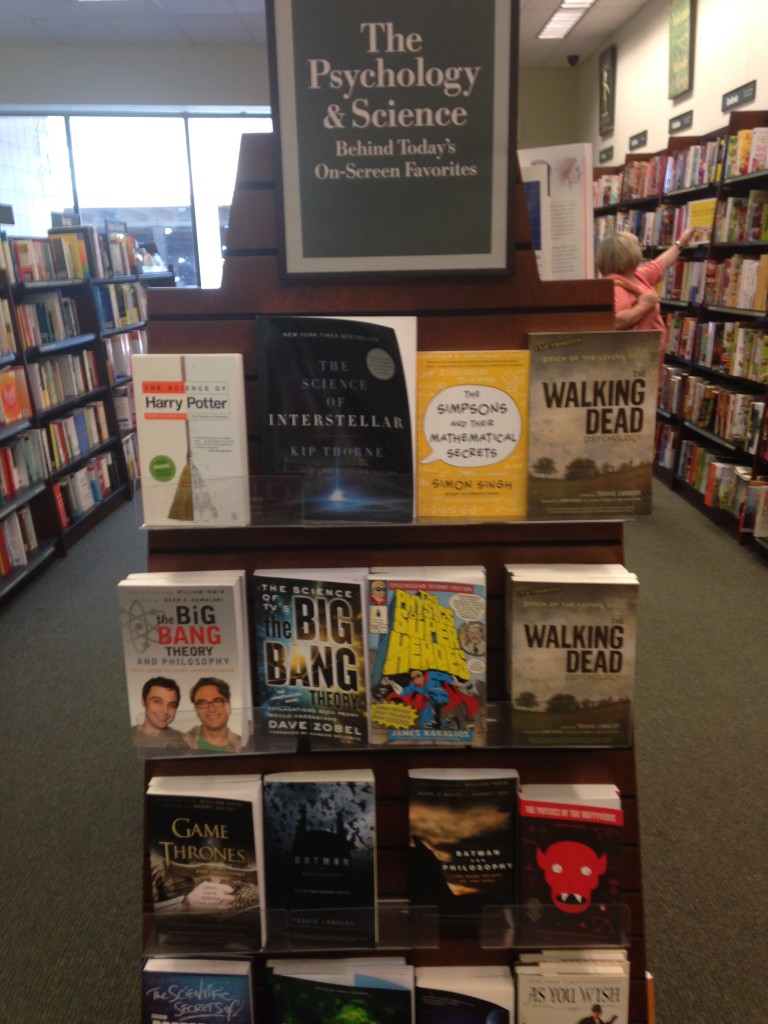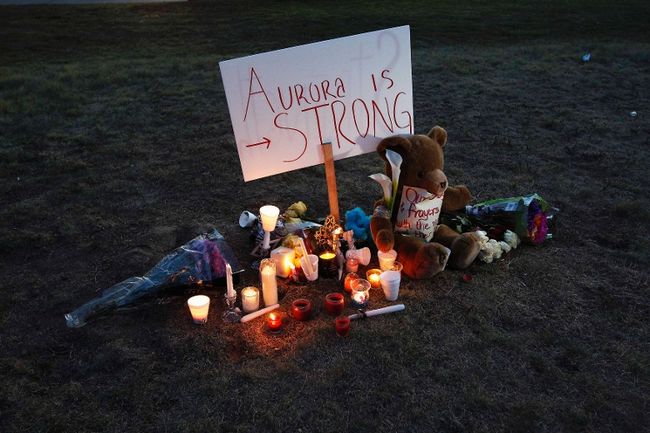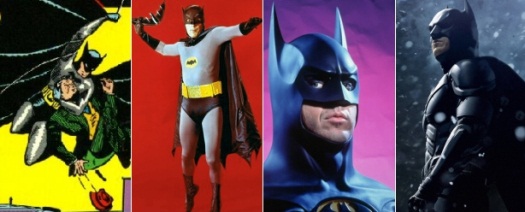At Wizard World St. Louis Comic Con, visit Athena Finger and me at the explosive C4 table next to current Batman artist Greg Capulllo.
My panel schedule:
FRIDAY, APRIL 4
5:30 – 6:15PM GETTING RESPECT: COMICS GO TO COLLEGE
Comics and graphic novels have come into their own as subjects worthy of—indeed, demanding—attention from academia. Historians and cultural theorists teach courses, hold conferences, and publish books on various aspects of sequential art colleges and universities teach courses in comics as literature and social history as well as how to make them. Here, to give an overview of various ideas about and approaches to comics studies are a cross-section of comics scholars and teachers, including: Dr. Travis Langley (Henderson State University; Batman and Psychology), Eric Bailey (Henderson State University), Peter Coogan (Superhero: The Secret Origin of a Genre,) Rob O’Nale(Comics Through Time) and David Schuman (Washington University St. Louis). The panel is moderated by Danny Fingeroth (The Rough Guide to Graphic Novels) (ROOM 144)
SATURDAY, APRIL 5
11:30 – 12:15PM 1939: THE YEAR THAT CHANGED EVERYTHING
75 years ago, as fateful events that would lead to the outbreak of World War II in September 1939 were coming together in Europe, the U.S.A. was experiencing, in the same year, an explosion of popular culture. In 1939, Batman debuted in Detective Comics #27; Timely (later Marvel) Comics released Marvel Comics #1, showcasing the first Marvel superheroes, Sub-Mariner and the Human Torch; and Hollywood produced classic films including The Wizard of Oz, Gone With the Wind and Stagecoach. Discussing historical and cultural factors that made that year so important is a panel including Athena Finger (granddaughter of Bill Finger, the co-creator of Batman,) Dr. Travis Langley (author of Batman and Psychology,) Eric Bailey (Henderson State university,) Peter Coogan (Superhero: The Secret Origin of a Genre) and Danny Fingeroth (Disguised as Clark Kent: Jews, Comics, and the Creation of the Superhero.) (ROOM 151)
12:30 – 1:15PM BILL FINGER AT 100: WHO REALLY CREATED BATMAN?
2014 marks the 100th anniversary of Batman co-creator Bill Finger’s birth, 75th anniversary of Batman’s debut, and 25th anniversary of the Tim Burton motion picture that proved audiences could take Batman seriously. Who really created Batman? How much of the Dark Knight’s design and defining qualities came from the character’s uncredited co-creator, Bill Finger? How many of his enemies thrill us thanks to Finger, and how many of Batman’s adventures, supporting characters, and wonderful toys as well? Not only did he enrich the Dark Knight mythos, but Bill Finger also co-created Wildcat, came up with Superman’s other girlfriend Lana Lang, and wrote the very first Green Lantern tale. To discuss the Cape Creator’s life and work, Dr. Travis Langley (Batman and Psychology: A Dark and Stormy Knight) has assembled a truly super team: Danny Fingeroth (Superman on the Couch,) Robert O’Nale (@The The Cape Creator: A Tribute to Bill Finger, the Secret Co-Creator of Batman) and – making her very first convention appearance anywhere – Bill’s only heir, Athena Finger. (ROOM 144)
1:30 – 2:15PM BATMAN AT 75
While other creators scrambled to cash in on Superman’s sudden popularity by creating more bright, impossible heroes, Bob Kane and Bill Finger gave us Gotham City’s dark and improbably possible Batman. Batman first appeared in Detective Comics #27 (1939) and has gone on to become one of the most recognizable figures in the world. 2014 also marks the 25th anniversary of Tim Burton’s Batman motion picture, the 50th anniversary of Batman’s “New Look,” and the 100th birthday of uncredited Batman co-creator Finger. We’ve assembled an all-star anniversary panel to discuss the Dark Knight’s history and legacy: Dr. Travis Langley (Batman and Psychology: A Dark and Stormy Knight,) Athena Finger (granddaughter of Bill,) Gregory Capullo (Batman; Spawn,) Rob O’Nale (working on an upcoming Bill Finger documentary) and Danny Fingeroth (Superman on the Couch.) (ROOM 144)
6:00 – 8:00PM LEGENDS OF THE KNIGHT SCREENING
LEGENDS OF THE KNIGHT weaves together the uplifting true stories of individuals who have overcome devastating obstacles, unselfishly given to the community, and embraced their inner superhero because of their love of Batman. Through the deeply personal tales of Batman fans, writers, and filmmakers, this feature-length documentary explores the power of heroic stories and encourages viewers to find their own path to heroism. Funded by over 1,100 contributors from around the world, Legends of the Knight is a return to our childhood dreams of being a hero. Put on your cape, and be inspired! (ROOM 160) [I introduce it, then rush to my next panel.]
6:30 – 7:15PM SEX, LOVE AND SUPERHEROES
Would a superhero’s love life be like that of a real world soldier, firefighter, undercover detective, or rock star? Frankly, who wants to date a superhero? They show up late for dates, they run out on you at random times just to go save the world, and they bring danger into your life simply by knowing you. Dr. Travis Langley (Batman and Psychology: A Dark and Stormy Knight (Wiley & Sons, June, 2012)) explores superheroes’ relationships, the human and superhuman nature of sex and love in capes and tights. (ROOM 144)
SUNDAY, APRIL 6
3:00 – 3:45PM: SUPERVILLAINS AND PSYCHOLOGY
Every great superhero faces a rogues gallery full of colorful supervillains. What makes a great supervillain? How evil do they have to be? Do they resemble real criminals in any way? Are they truly insane or just having fun? Dr. Travis Langley (Batman and Psychology: A Dark and Stormy Knight) assembles of super-team of experts to explore what it means to be a supervillain and what kind of person could become one: Danny Fingeroth (@Superman Superman on the Couch), Eric Bailey (Henderson State University,) Peter Coogan (Superhero: The Secret Origin of a Genre) and maybe a villain or two. You’ve been warned! (ROOM 142)
Join us as we and great folks like Adam West, Burt Ward, and Neal Adams as we all celebrate the 75th anniversary of Batman’s debut way back in April, 1939 (cover date May, 1939), and the 100th anniversary of Batman co-creator Bill Finger’s birth.




